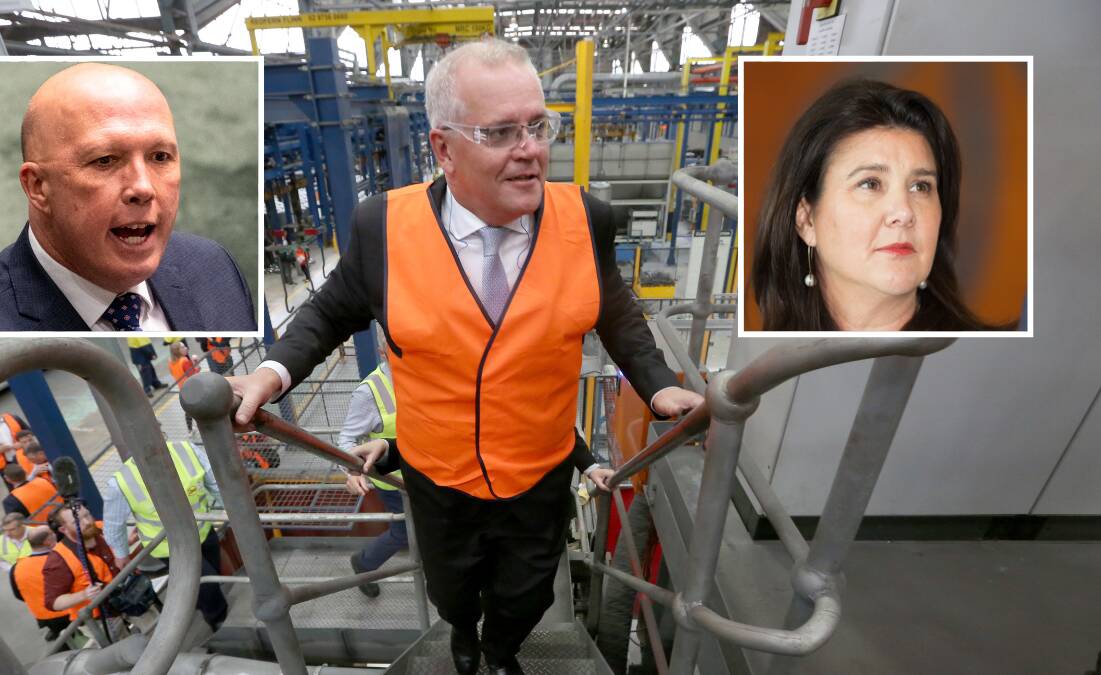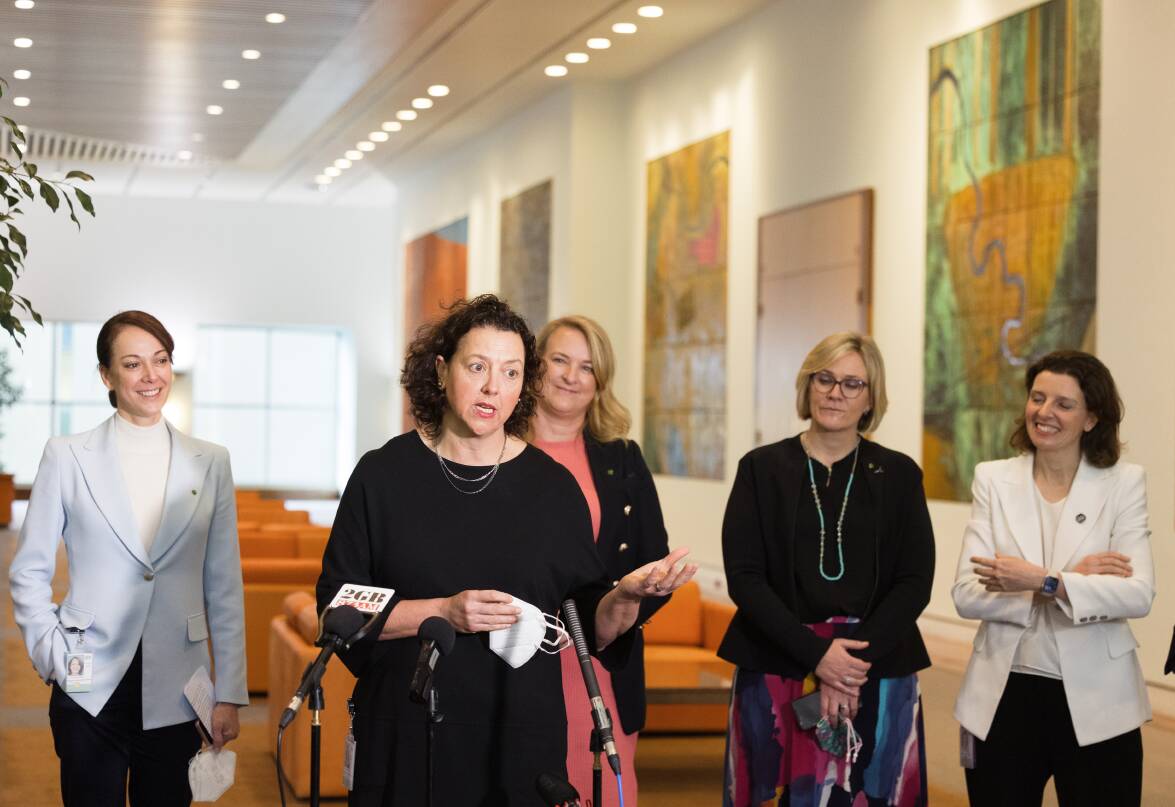
The Liberal Party cannot abandon the cities if it wants to return to power and must rebuild support among women and Chinese voters, according to a review of its disastrous federal election loss.
Scott Morrison's unpopularity and the "scandal and disunity" which plagued his government were among the factors which ended the Coalition's nine years in office, the review found.
The review has recommended the Liberals aim for 50 per cent of women in its parliamentary ranks within the next decade as part of attempts to win back the female voters which abandoned the party in droves at the May ballot.
It should also launch a targeted operation to "vigorously" fight the teals, which it insists must be treated not as a collection of independents, but as a sophisticated political party.
The operation should include collecting information about their campaigns, social media activity, public comments and voting record.
The 60-page review, which was conducted by former federal director Brian Loughnane and Victorian frontbench senator Jane Hume, was published on Thursday.
The Canberra Times understands a separate review into the Liberals' ACT campaign, which ended with Zed Seselja's historic loss to David Pocock, is almost finished.
Cities raided
The federal election was a disaster for Scott Morrison and the Liberals.
While its junior Coalition partner the Nationals managed to hold its ground on May 21, the Liberals lost 18 seats as the teal independents, Labor and the Greens stormed through its traditional strongholds in Sydney, Melbourne, Brisbane and Perth.
The Liberals now hold just 4 of 44 inner metropolitan seats across Australia, a position it must turn around if it has any hope of returning to majority government.
The Coalition's only stronghold now is in rural Australia.
"No party that is seeking to form government has a pathway to a majority solely through rural and regional electorate," the review found.
The reviewers praised the team at campaign headquarters, but found problems almost everywhere else; from Mr Morrison's scandal-plagued parliamentary team, to a declining volunteer base and factional infighting within the branches.
Labor's election review, published last week, found that Mr Morrison's unpopularity with voters was the single most decisive factor in Anthony Albanese's victory.

The Liberal review somewhat echoed that conclusion, finding the choice between Mr Morrison and Mr Albanese was the "most influential driver of voting intention" during the campaign.
The review found Mr Morrison's standing with voters "deteriorated significantly" throughout 2021 to become a "significant negative".
The decline occurred on the back of perceptions the government had mishandled the pandemic and Mr Morrison was "unresponsive" to the concerns of women.
The Coalition's hopes of re-election were dented by cases of "scandal, disunity and instability", which eroded its political capital and fed the impression that it was "out of touch" with the public, the review found.
A women problem
The review laid bare the Liberals' problem with female voters.
The Liberals now hold just three of the top 30 seats with the highest proportion of professional females, down from 15.
"It is clear from the party's research and post-election analysis that the party's standing with women was an important factor in the party's defeat," the review found.
It said the Liberals, which have long resisted the idea of gender quotas, had reached a point where it must "address the diversity in the selection of candidates".

The review said the Liberals must also rebuild its relationship with the Chinese community, which appeared to reject the Coalition's aggressive anti-Beijing rhetoric at the ballot box.
Chisholm in Melbourne and Bennelong in Sydney were two of the Liberal-held seats with large Chinese populations which switched to Labor.
The Liberals suffered a 6.6 per cent swing against it in the 15 seats with the highest population of Chinese voters, compared to 3.7 per cent in other seats.
"There were a number of reasons for this, including a perception the previous government's criticisms of the CCP government of China included the wider Chinese community more generally," the review found.
"This was obviously incorrect but the Party's political opponents pushed this perception among voters of Chinese heritage in key seats in 2022."
The Canberra Liberals launched a separate review into their disastrous local campaign, which has left the party without an ACT senator for the first time in almost 50 years.
The Canberra Times understands the findings of the review, which is being run by former WA Liberal leader Mike Nahan and ex-Victorian senator Helen Kroger, is almost finished and will be released soon.







